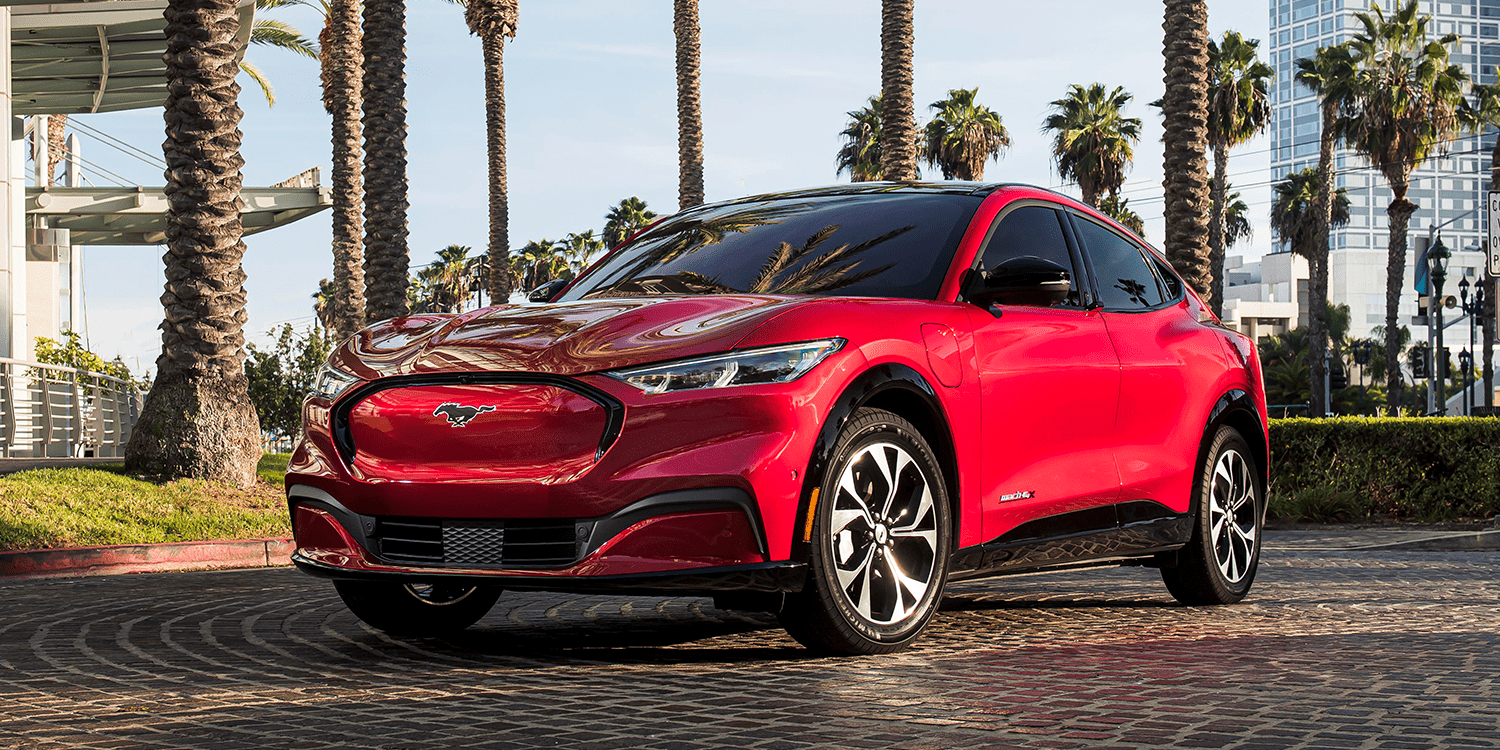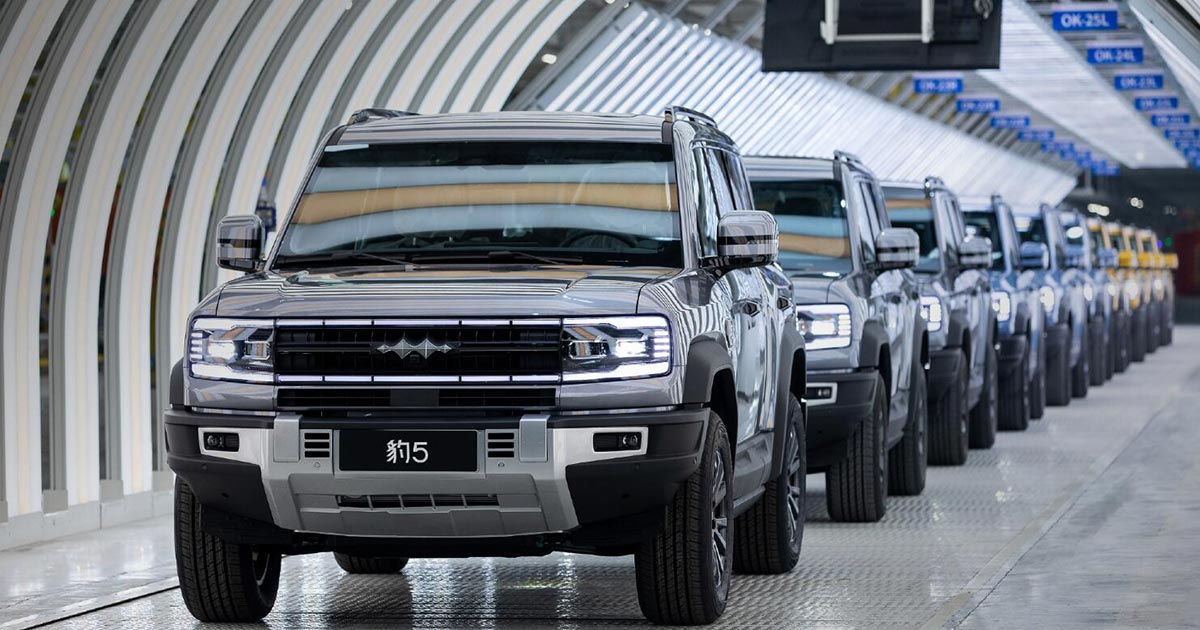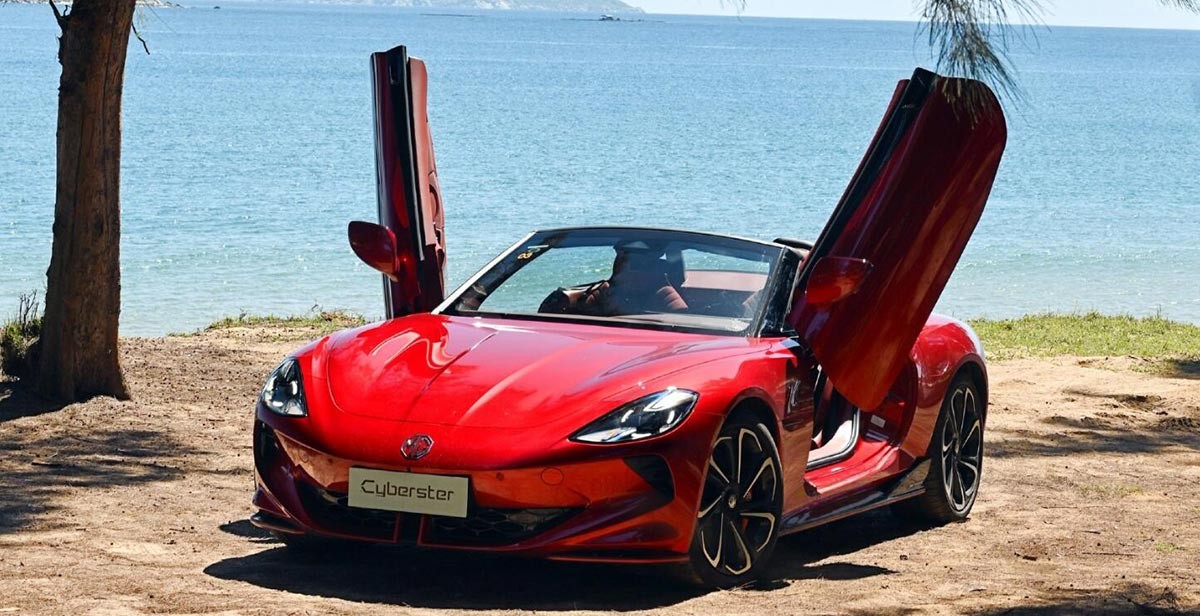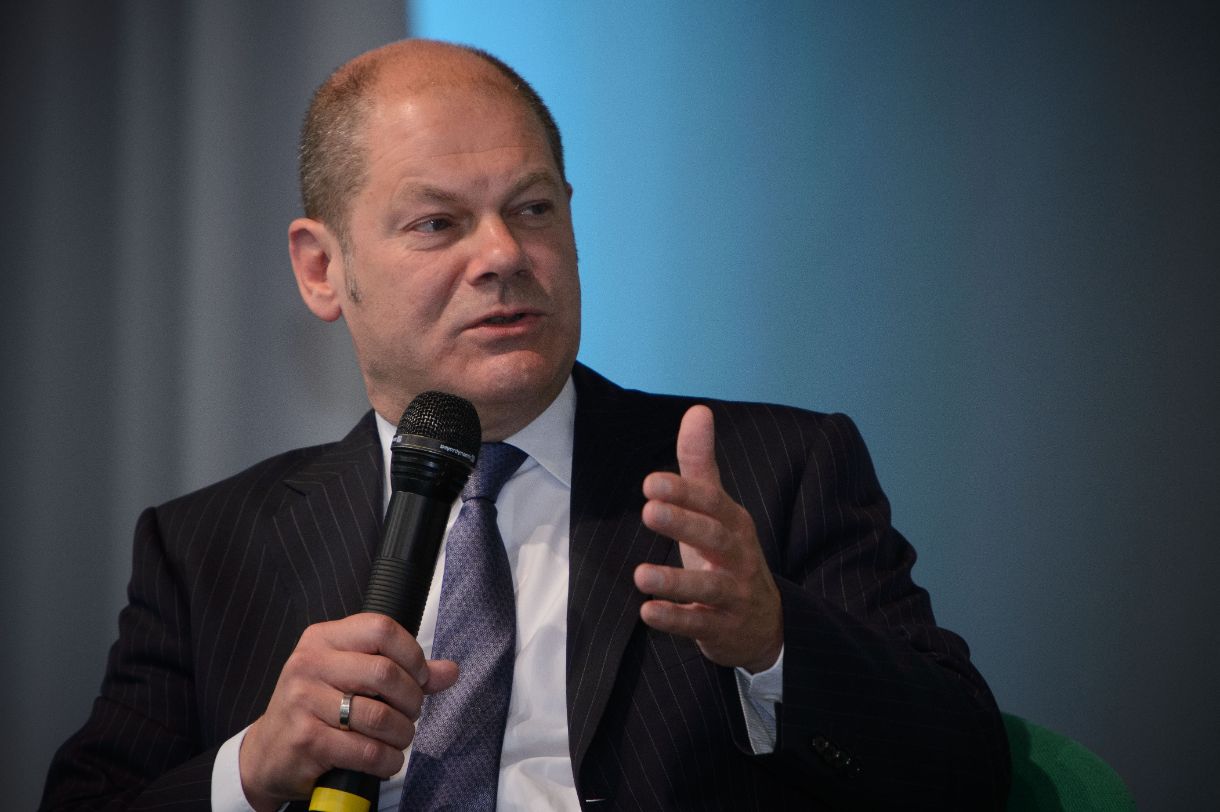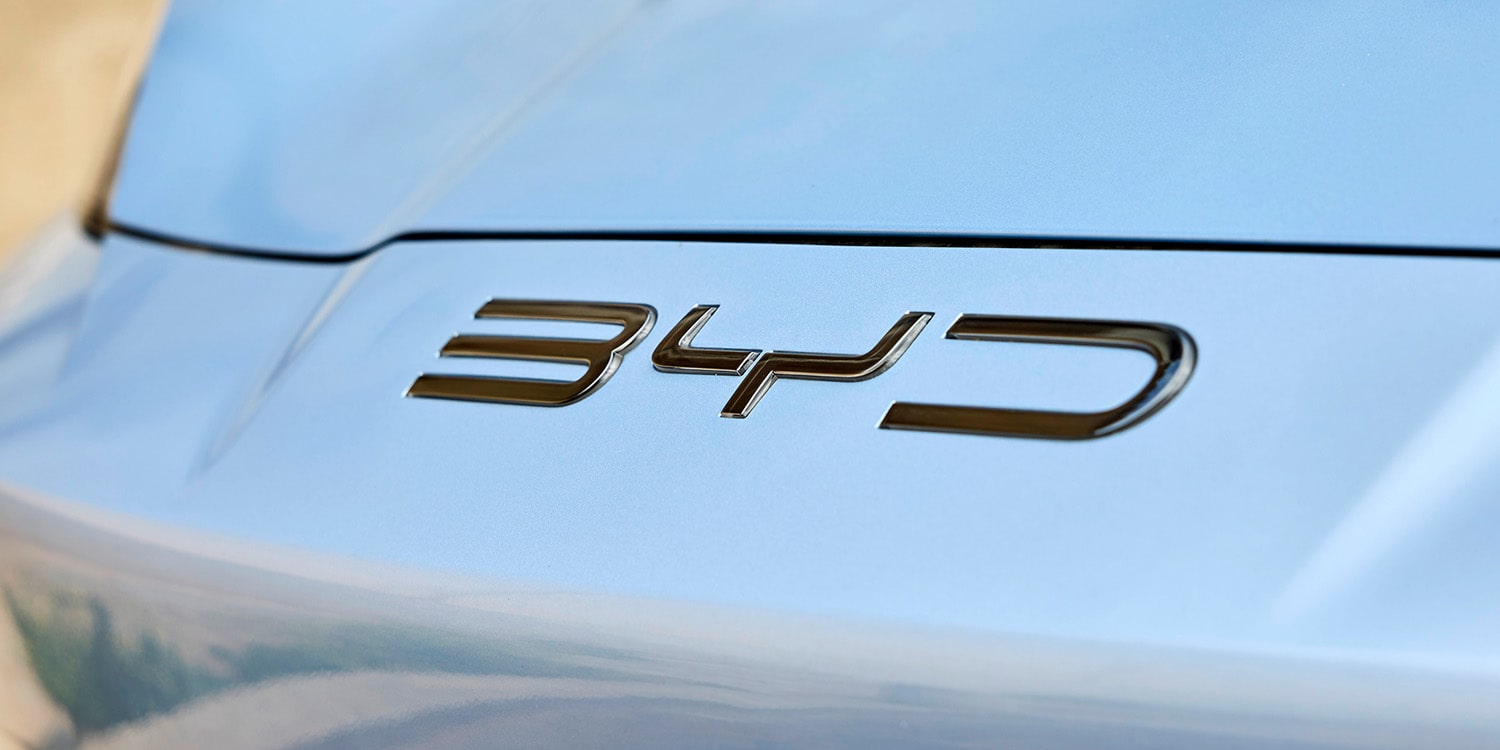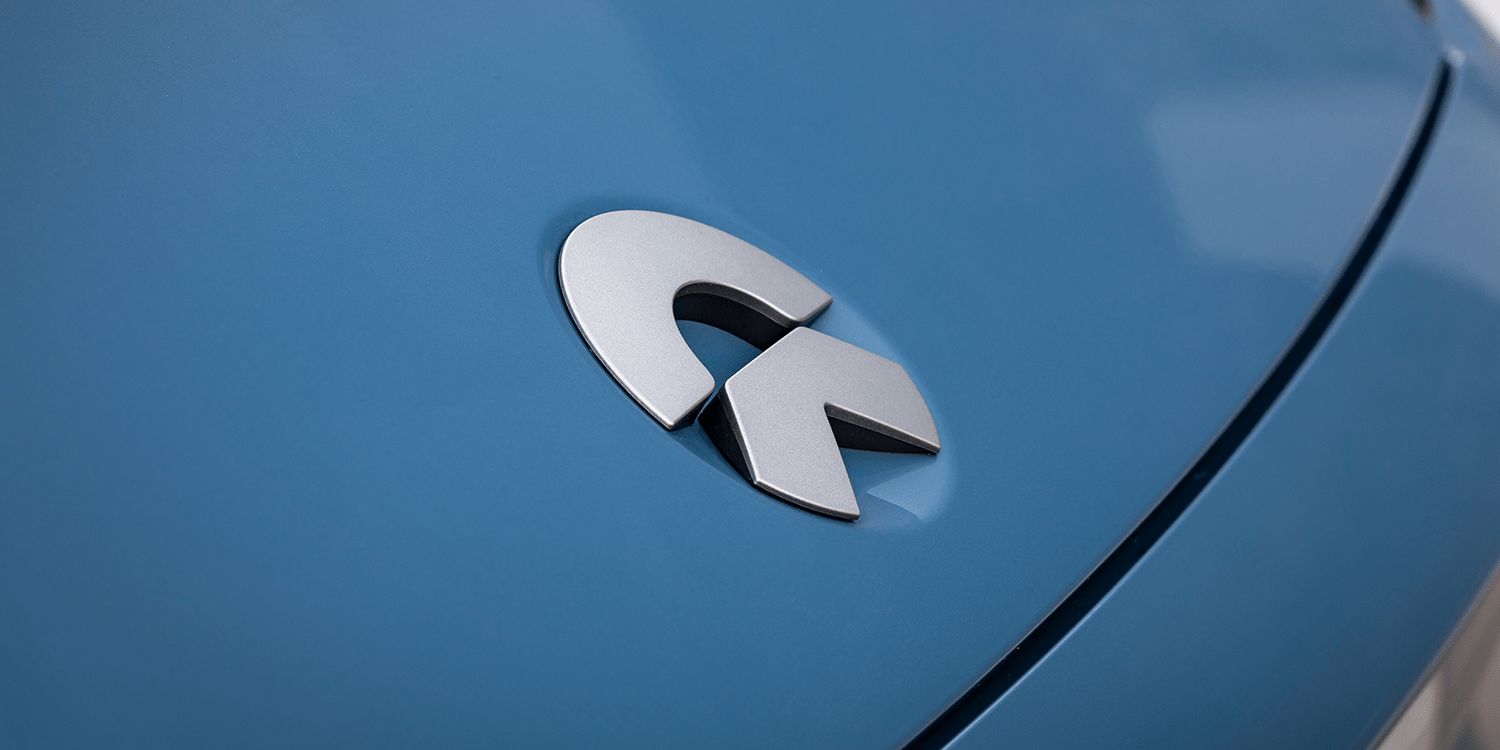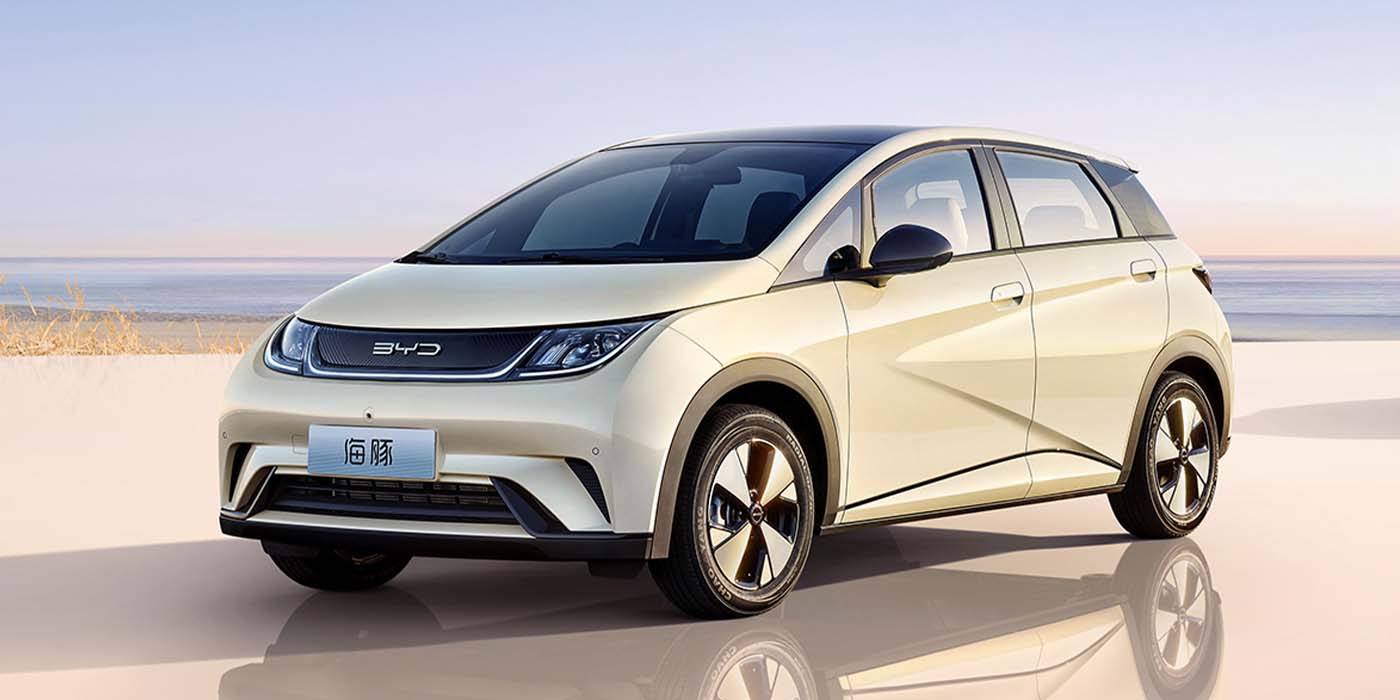Ford’s ambitious plans to challenge Tesla’s Model Y with the all-electric Mustang Mach-E in China have encountered substantial hurdles, leading to a significant shift in its sales strategy. Initially, the automaker sought to emulate Tesla’s direct-to-consumer sales model through its ‘Ford China 2.0’ initiative. However, the results have fallen short of expectations, prompting a change in direction.
The company embarked on its direct-sales venture in 2021, taking inspiration from Tesla’s successful approach. Simultaneously, Ford established an electric vehicle (EV) subsidiary in Nanjiang and introduced the Mustang Mach-E to the local market, with prices starting at 265,000 yuan ($36,275). Yet, by 2023, the Mach-E is only moving a few hundred units per month in China, and Ford’s market share in the local EV segment has dwindled to a mere 2%.
See also: Ford Introduces Mustang Mach-E Rally: A Rally-Inspired Electric SUV
Recent reports from The Wall Street Journal revealed that Ford discontinued its direct-sales operations in China just last month. Consequently, the Mustang Mach-E, along with other local electric offerings like the Ford Evos SUV and Escape PHEV, will now be marketed and sold through traditional dealerships.
Sino Auto Insights founder, Tu Le, remarked on Ford’s shift in strategy, saying, “Their EV strategy for China was the Mach-E. When that didn’t work out, they didn’t have anything.”
One of the key challenges faced by the Mustang Mach-E in the Chinese market is its comparatively shorter range when compared to many other available EVs, such as the Xpeng P7 and the Tesla Model Y. Additionally, it lacks some of the advanced technologies and features found in local alternatives. The Wall Street Journal also highlighted that Ford underestimated the fiercely competitive EV landscape in China, faced issues in execution, and grappled with ineffective marketing and sales strategies.
See also: Ford’s Mustang Mach-E Accelerates into Fall 2023 with Unmissable Lease Deals and Incentives
Furthermore, delays in the Mach-E’s launch and deliveries were attributed to battery procurement issues, as supplier BYD shifted its focus to a different type of battery.
As of the recent shift in strategy, Ford’s joint venture with Chongqing Changan Automobile has taken the reins of Mach-E sales. Ford’s CEO, Jim Farley, confirmed the company’s intention to establish a “lower investment, learner, much more focused business in China.” This move reflects Ford’s determination to adapt to the challenging realities of the Chinese EV market while striving for a more sustainable presence.

